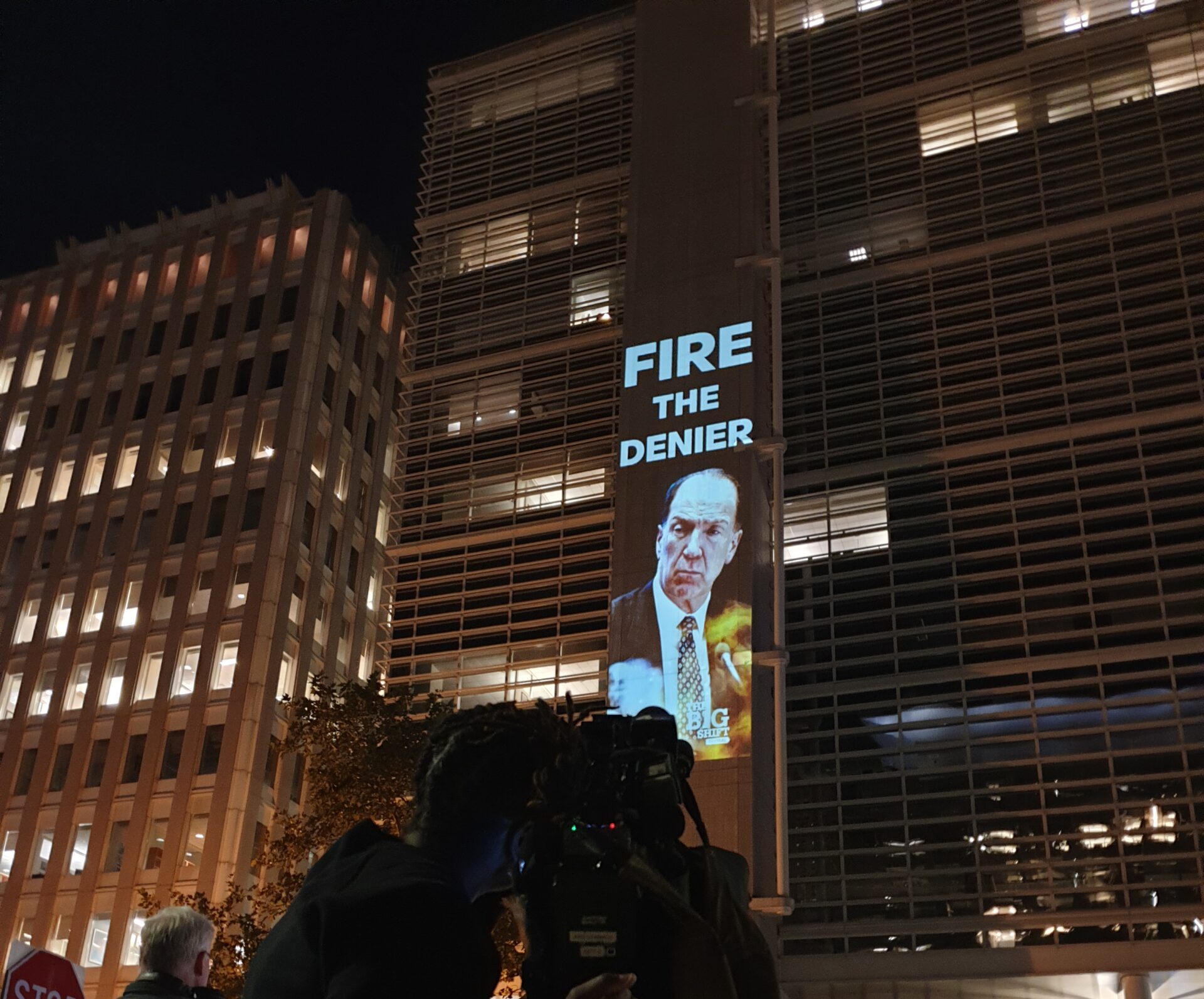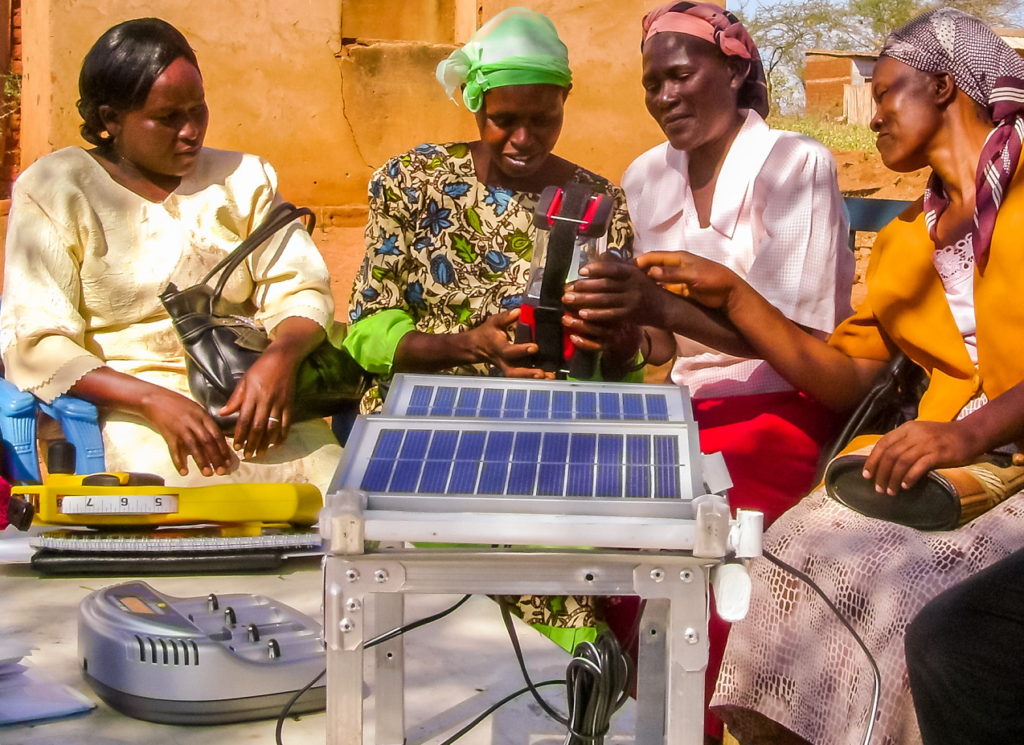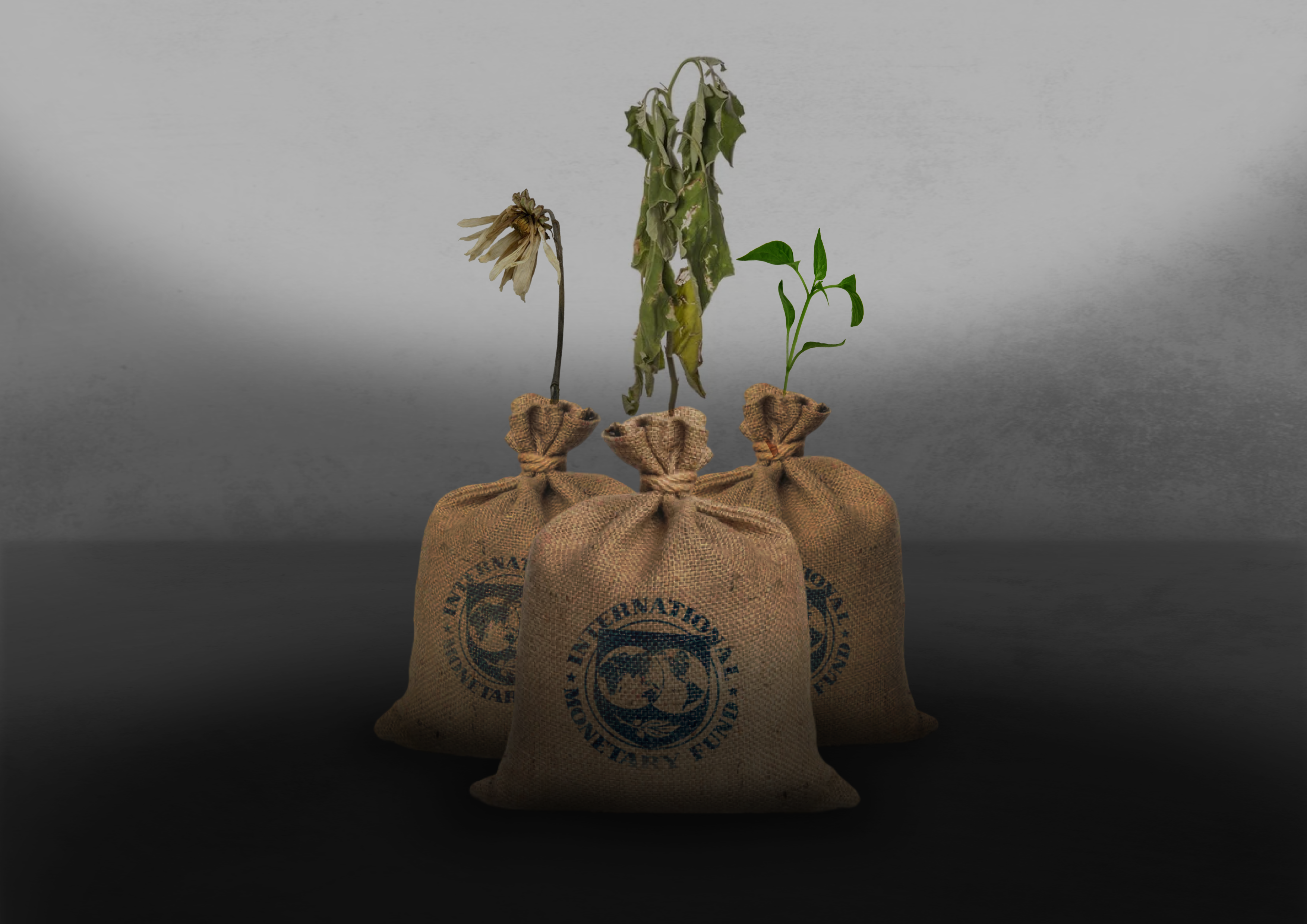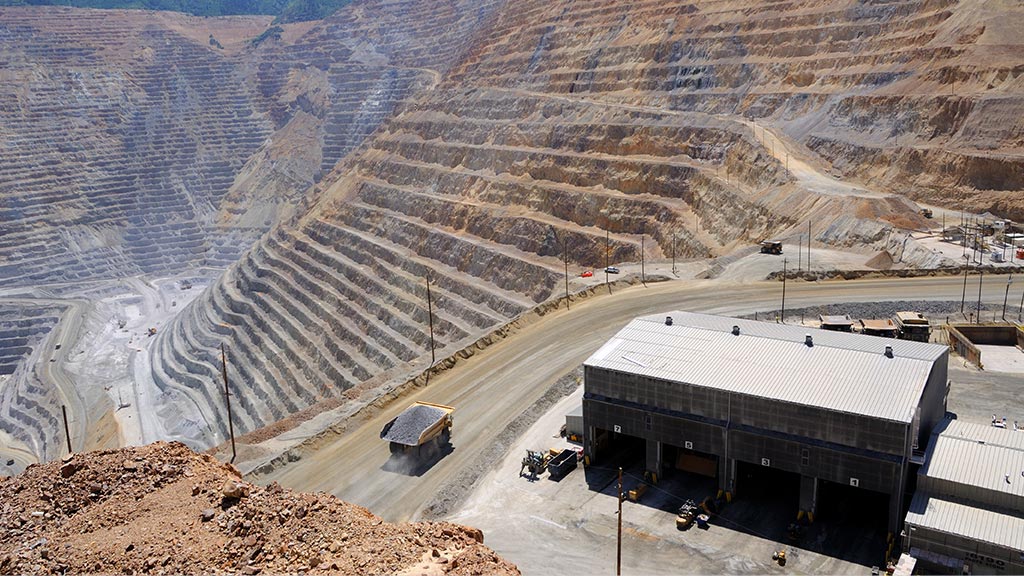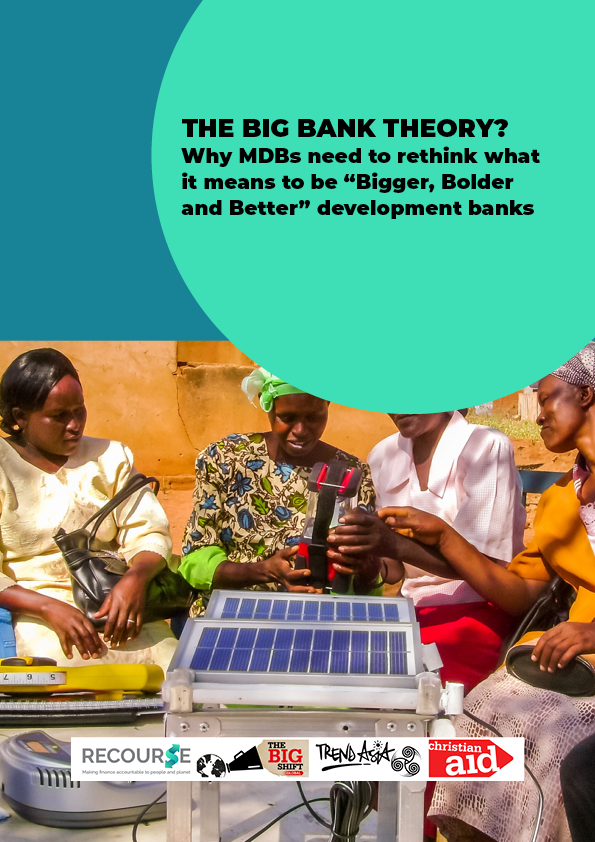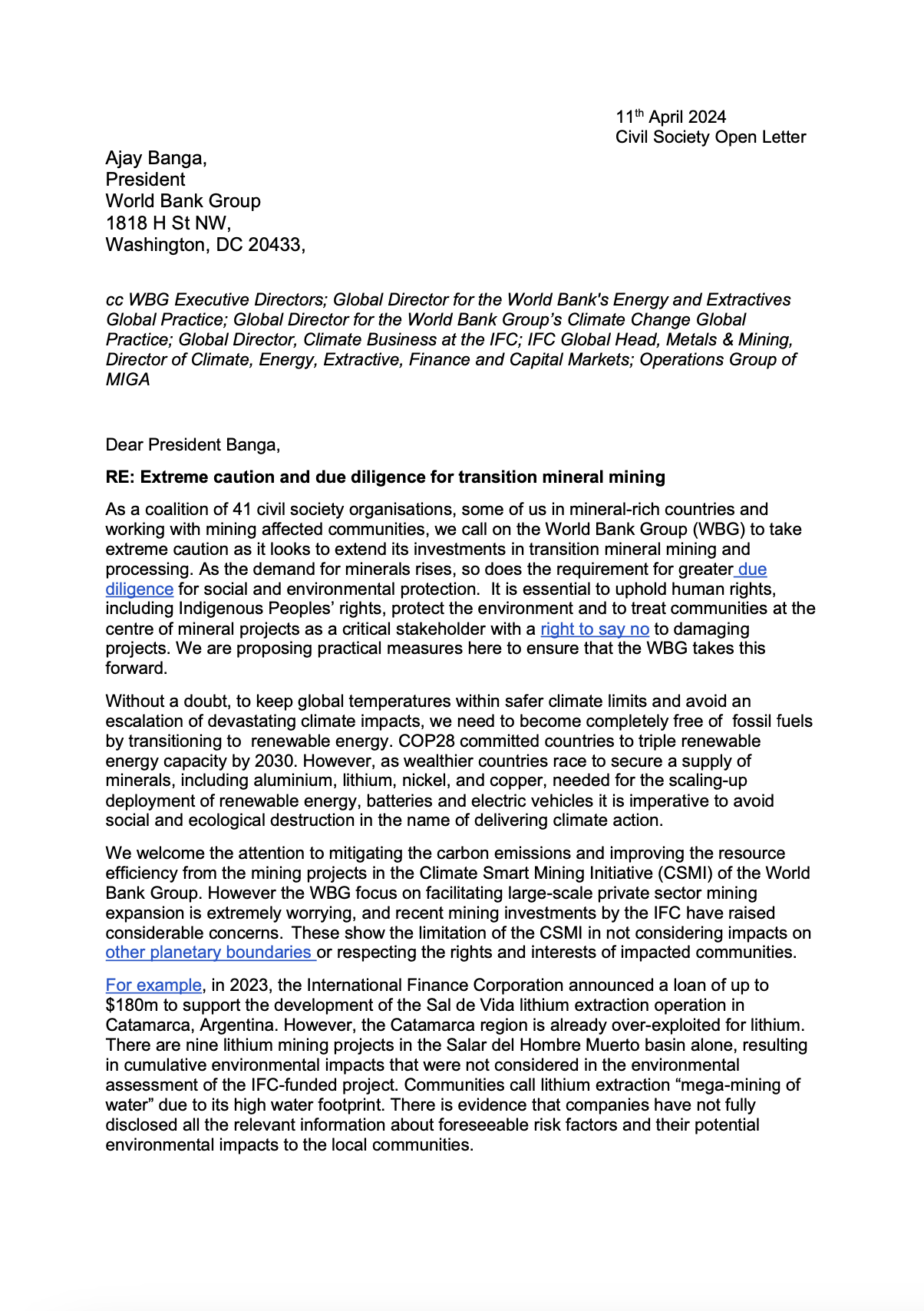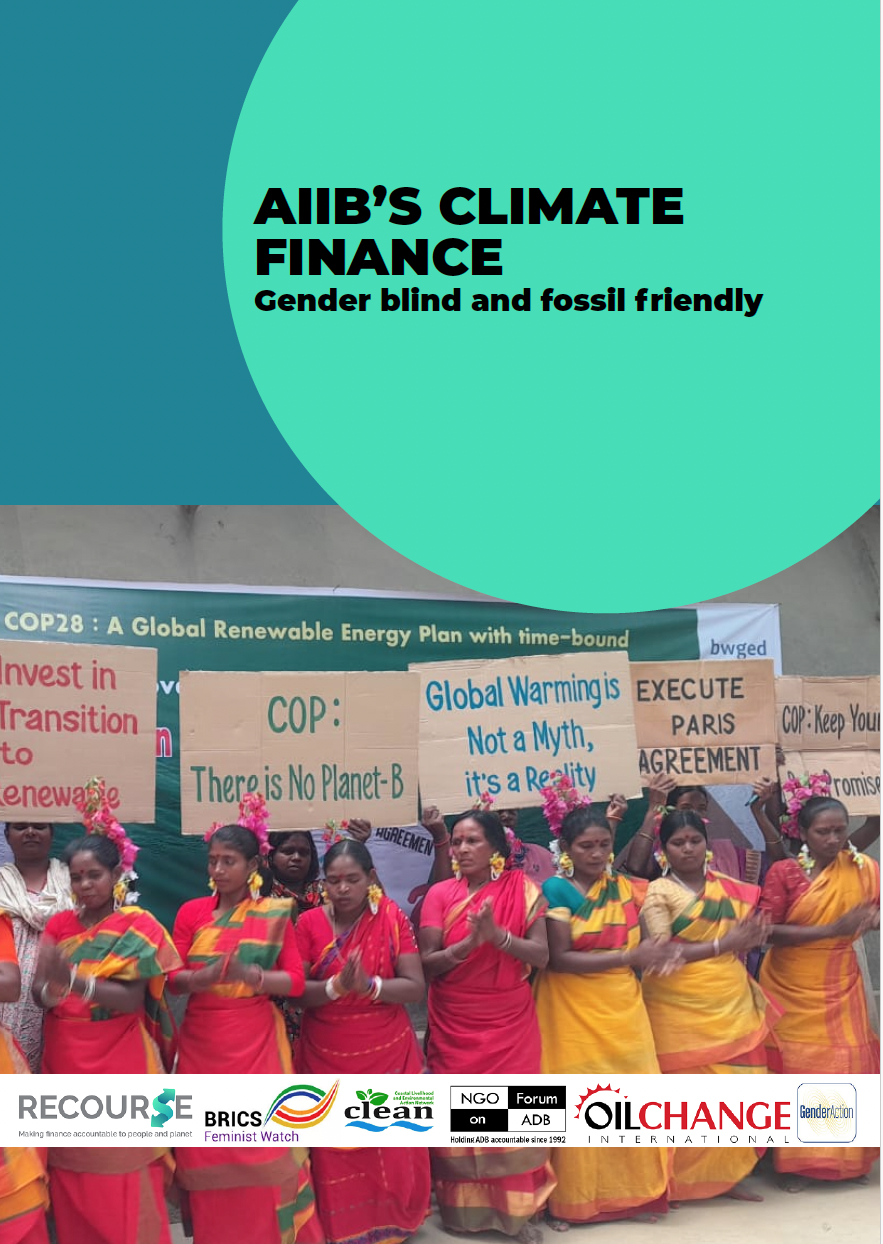The World Bank
The World Bank was set up in 1944, to govern the post-war international monetary order. It has since become a powerful institution in setting the official international development agenda. It provides more than $45.5 billion annually to shaping policy and providing loan and grant finance to countries and to the private sector. It comprises two institutions: the International Bank for Reconstruction and Development (IBRD), and the International Development Association (IDA). The World Bank’s most recently stated goals are ending extreme poverty and boosting shared prosperity. The Bank is governed by a Board of Directors made up of the Bank’s President and 25 Executive Directors (EDs), representing the Bank’s 189 member countries. Only the six largest shareholders (US, Japan, Germany, France, UK and China) have their own ED, the rest are organised in constituencies.
Recourse work on the World Bank:
Recourse plays a crucial role in holding the World Bank accountable to its mission, as a publicly-funded bank. We work to reinforce the work of civil society and communities impacted by World Bank finance. One way we do this is by monitoring specific investments and tracking the social and environmental effects of its projects, programmes and policies on local communities and on the planet.. Where harm occurs, we support civil society to use tools, such as the Bank’s accountability watchdog, the Inspection Panel, to seek redress and systemic change. We also influence World Bank’s management, the Board and its shareholders, and challenge investments ‘upstream’ – or before they happen – to ensure that the Bank’s priorities align with those of civil society, such as protecting the environment and addressing the needs of the most marginalised groups.
Reports
World Bank Development Policy Finance 2015 – 2021: Stuck in a Carbon Intensive Rut, Recourse, Alternative Law Collective and Trend Asia, December 2021: demonstrates how World Bank Development Policy Finance supports gas as a transition fuel and is exposed to coal in Indonesia; and how conditionalities led to a weakened of renewable energy targets in Pakistan.
World Bank Plans for Indonesia: Delayed action on climate and continued coal and gas support, Recourse and Trend Asia, September 2021: shows how the Bank’s support for decarbonisation risks coming after long-term commitments to new fossil fuel infrastructure have already been locked in.
Falling Short World Bank needs to focus on new connections for energy poor countries,
Recourse and Swedish Society for Nature Conservation, March 2021: demonstrates how the World Bank Group needs to upscale its finance for new household energy connections.
Assessing the World Bank’s contributions to Climate Goals and Energy Access: Nigeria, Mozambique and Myanmar, Recourse, Swedish Society for Nature Conservation, Africa Committee for Sustainable Energy and Access, October 2020: summarises assessments on World Bank Group energy sector assistance to three high energy deficit countries facing significant climate change threats.
‘South East Asia Civil Society Guide on Influencing World Bank Strategy’, Recourse, December 2019: provides a comprehensive analysis of the mechanisms and approaches available to civil society to influence the programmes and policy of the World Bank Group, with an emphasis on Asia.
Letters and statements
CSO Joint Submission on World Bank Development Policy Finance Retrospective Recourse and multiple organisations, December 2021: highlights overarching concerns with the Development Policy Financing (DPF) instrument and its reliance on conditionality.
World Bank’s Climate Change Action Plan (CCAP) Represents a Colossal Failure, Recourse, Urgewald, Bretton Woods Project, Oil Change International, June 2021: shows how CCAP includes no concrete new restrictions on World Bank finance for fossil fuels.

